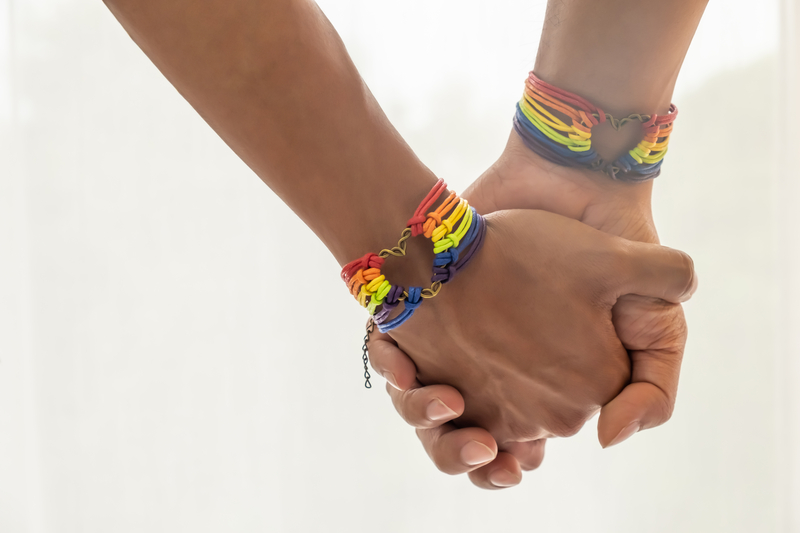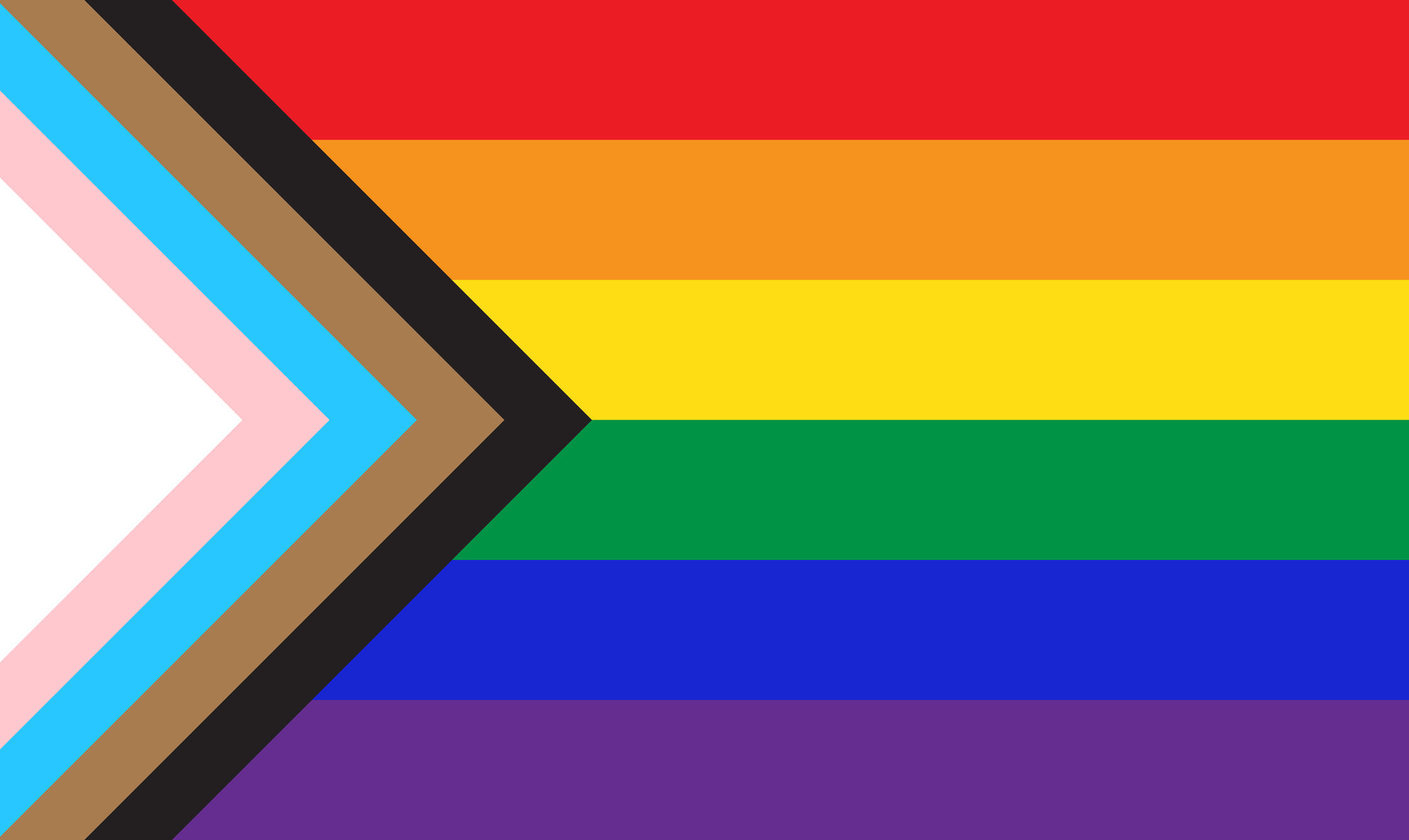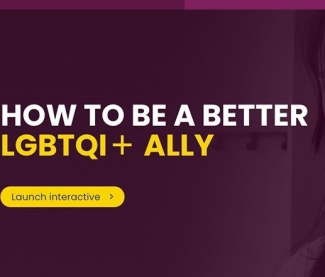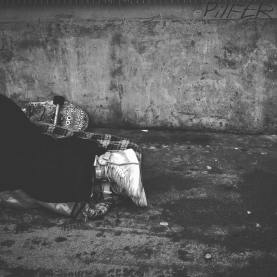(Please note I do not claim to be an expert in this topic, I’m sharing this through my personal experience of being an LGBTQI+ ally)
As a member of the Open University’s BME network steering group and dedicated LGBTQI+ ally to the OU’s Proud Network, I believe that everybody should have access to a safe space to speak up and be their authentic selves. I had the pleasure of engaging with individuals from the Black and Minority Ethnic LGBTQI+ community during Pride month. Having a safe space to discuss sensitive topics was very much appreciated and welcomed. I found people’s openness and authenticity incredibly heart-warming.
This has made me consider how I can do more within my community to share knowledge and raise awareness of the importance of how we can support others who identify as part of the LGBTQI+ community. With my liberal mindset, I’ve often been the first port of call for first- and second-generation family or friends who have felt safe to ‘come out’ to me or share the challenges and difficulties they are facing around acceptance, stigma and shame. I found this deeply saddening, as I believe everyone should be able to embrace their identify regardless of their protected characteristics.

Anyone can be an ally, and small actions can lead to big changes. Taking time to educate myself has equipped me to understand how knowledge and understanding can make a huge difference to a person’s sense of acceptance. For example, language matters, and having an understanding of different pronouns shows the person that you respect their identity. It is also important to recognise that you might not get it right all the time, which is ok. Just apologise and be open and explain that you want to be a better ally and carry out some research to improve your understanding.
Challenging your own unconscious bias can help you to challenge any assumptions to stereotypes you may have made without being aware. Speaking up when you hear family, friends or co-workers telling jokes or comments, reminding them that as an ally you find this offensive. Offer to help and support others’ learning if they express that they would like to improve their learning and signpost them to resources which helped you. Kindness and listening go a long way and enable the individual to feel heard, important and most importantly gives them a sense of belonging. We have to be the change we want to see if we are to make societal change.
Below are some insightful and moving articles of Lived Experiences of individuals in the South Asian community and who identify as LGBTQI+.
- How LGBTQ+ members of the South Asian diaspora navigate stigma and stress
- South Asian Heritage Month: I'm proud of who I am and being LGBTQ+
- Being young, LGBTQIA+, and South Asian








Rate and Review
Rate this article
Review this article
Log into OpenLearn to leave reviews and join in the conversation.
Article reviews